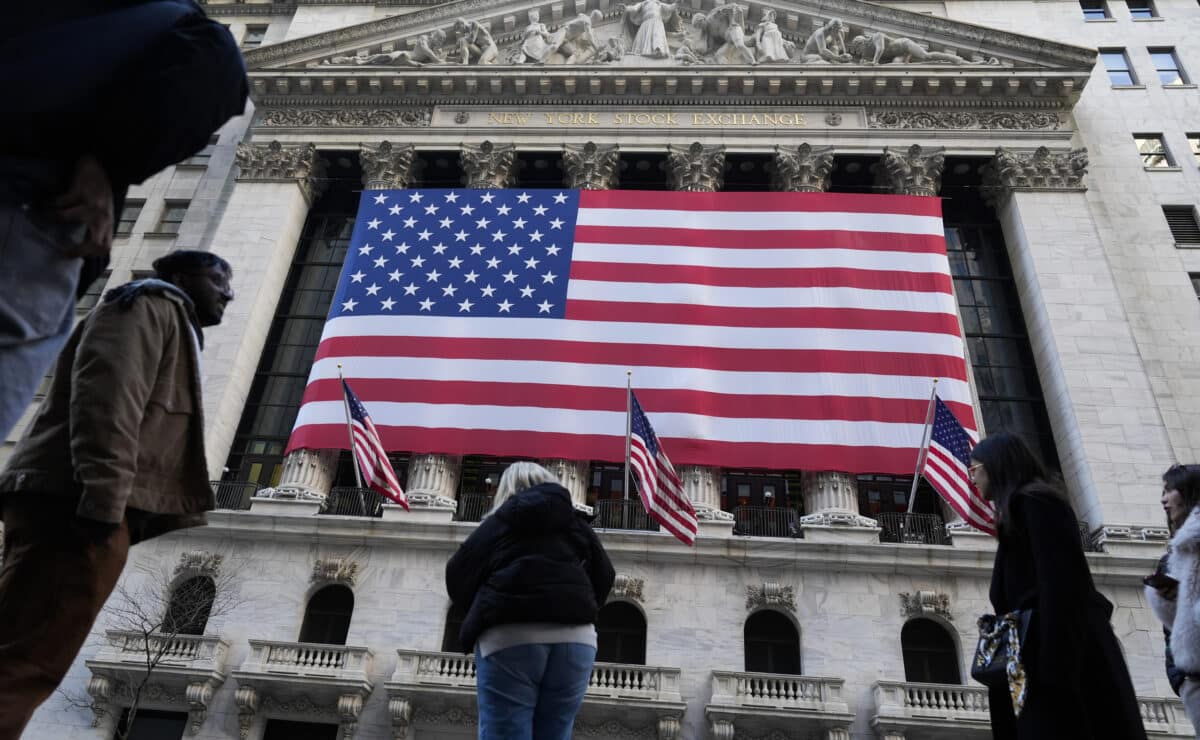A Latin term that used to be little-known outside the world of customs brokers has become the stuff of headlines. That’s thanks to a decision by U.S.
President Donald Trump to close a tariff loophole for “de minimis” merchandise from mainland China and Hong Kong starting May 2. The phrase — which loosely translates as “too small to matter” — refers to small packages that are shipped directly to consumers from abroad, usually bypassing warehouses and distribution hubs. Qualifying as de minimis comes with a huge perk: no customs declarations and no tariffs.

While each de minimis package is small, they’ve been shipped in massive quantities to the U.S. by online discount marketplaces such as Shein and Temu.
De minimis packages from places other than mainland China and Hong Kong are poised to lose their tariff exemption too once a system to “expeditiously process and collect” the duties is in place, according to an executive order issued by Trump. What is the U.S.
de minimis exemption? For a package to qualify for the U.S. de minimis exemption it must have a retail value of no more than US$800 — which is high compared with other countries.
It’s about $40 in Canada, for instance, and around $150 in the euro area. The administration of U.S.
President Barack Obama raised it to that level from $200 in 2016. The exemption dates back to 1938, when U.S.
Congress tweaked tariff rules to waive duties in order to avoid unnecessary expense for little reward, or, as one former Treasury official put it, “spending a dollar to collect 50 cents.” The exemption started at $1, where it stayed for decades before rising to $5 in 1990, $200 in 1993 and then jumping to $800 in 2015. China, for its part, generally waives duties of up to about $7 on packages, while shipments from e-commerce companies are only subject to duties if they’re worth around $700 or more, provided they meet certain conditions.
Without the loophole, how will such packages from China and Hong Kong be taxed? Packages from China and Hong Kong worth up to $800 will either be taxed at a rate of 120% of their value or face a flat fee. The fee starts at $100 and is set to increase to $200 on June 1. The details are contained in the most recent executive order on the matter, issued April 9.
What effect has the U.S. de minimis loophole had? With the threshold as high as it is in the U.
S., around 4 million small packages claiming de minimis exemptions crossed into the U.S.
every day in 2024. They often go unchecked before being transferred to a truck for delivery directly to the consumer’s doorstep. This has helped give Americans access to lots of cheap merchandise sold by e-commerce retailers in China, such as Temu and Shein.
But it’s also strained global supply chains, raised air cargo costs and swamped border enforcement efforts. What’s more, the packages are thought to be one of the growing ways illegal drugs such as fentanyl are smuggled into America and how other goods enter the U.S.
in violation of rules against imports from regions known for human-rights abuses. The administration of U.S.
President Joe Biden was well on its way to cracking down on de minimis abuses before he lost his reelection bid in November, so Trump’s decision to eliminate the exemption wasn’t a complete surprise. How much trade has the de minimis rule affected? Quite a bit in both volume and value, with both rising exponentially. Such packages used to be confined to t-shirts and small electronics, but they expanded to include bigger-ticket items such as electric bikes retailing for $799.
According to a White House fact sheet in 2024, the number of individual shipments to the U.S. claiming de minimis exemptions exceeded more than 1 billion a year, up from around 140 million a decade earlier.
While China officially reported about $23 billion worth of small parcel exports to the U.S. last year, Nomura Holdings Inc.
estimates as much as $46 billion of U.S.-bound packages came from the country.
There’s a discrepancy because with so many parcels, it’s hard to count all of them in official statistics. That’s a lot of stuff either way. But it’s a small fraction of the value of total U.
S. goods imports, which last year surpassed $5.3 trillion.
Consequently, the suspension of the de minimis exemption isn’t expected to have a major effect on the U.S. economy.
How will U.S. consumers be affected? The end of the de minimis exemption for imports from China and Hong Kong won’t mean Americans can’t buy goods from Shein or Temu.
But now the goods will be channeled through customs procedures and incur levies, with the costs passed on, at least to some extent, to consumers. Both Shein and Temu have raised prices of their products for U.S.
buyers. E-commerce deliveries from China are also likely to become slower. The added costs will make air cargo — already a very expensive way to ship freight — a potentially unprofitable mode of transportation for low-cost goods.
So, rather than fly on a plane and take a couple of days to arrive, a package might take a three-week journey on a container ship from China to the U.S. West Coast.
Which companies will be most affected by the change? Low-cost online retailers such as Temu, Shein and Alibaba’s AliExpress have used the de minimis exemption for years to expand in the U.S. — a trend that was supercharged by the COVID-era boom in e-commerce.
Shein pioneered the model of targeting cost-conscious Americans with $2 blouses and $10 shirts during the pandemic. Temu jumped in around 2022 with its “Shop Like a Billionaire” catchphrase. Cross-border e-commerce was a lifesaver for many Chinese factories running on wafer-thin profit margins as spending by domestic shoppers plunged during the COVID crisis and never really recovered.
Without the exemption, there may be “serious shipping delays and a wave of factory closures within three months,” according to Andy Guo, an online retailer of electronics products and founder of Waimaojia, a media platform for the cross-border e-commerce industry. “Unless China’s government announces effective measures to fight back, the harm of the small-parcel suspension would be devastating to online platforms like Temu and Shein, as well as small factories,” Guo said. With assistance from Daniel Ten Kate.
Brendan Murray and Samson Ellis, Bloomberg News ©2025 Bloomberg L.P..














